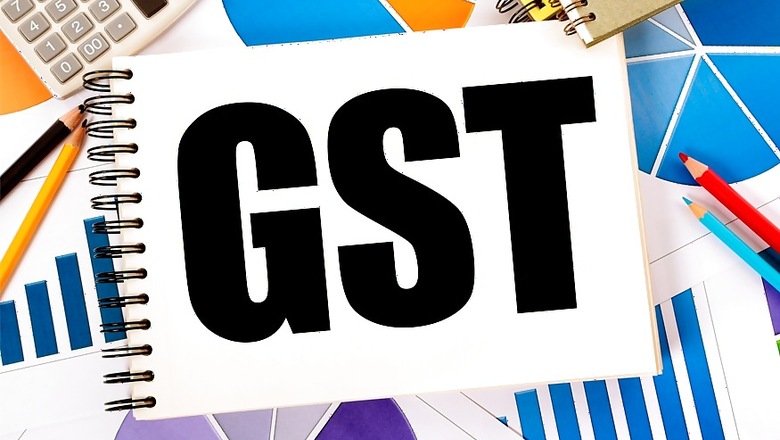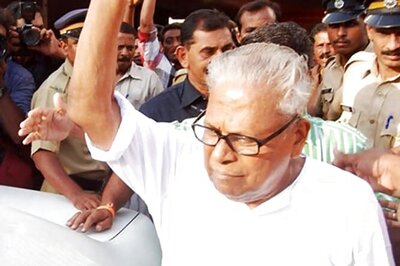
views
The Attorney General has opined that the Centre has no statutory obligation to make up from its coffers any shortfall in GST revenues of states, which may now have to look at market borrowings against future revenue mop-up, sources said.
The Centre had in March sought views from Attorney General K K Venugopal on the legality of market borrowing to
make good the shortfall in compensation fund - a corpus created from levy of additional tax on luxury and sin goods to compensate states for revenue shortfall arising from their taxes being subsumed into the Goods and Services Tax (GST).
Sources said the AG in his view has said there is no obligation on the central government to pay the GST compensation shortfall from its coffers.
The AG has also said the GST Council has to decide on making good the shortfall in the GST compensation fund by providing the sufficient amount to be credited to it.
Sources said the options before the Council for meeting the shortfall could be to rationalise GST rates, cover more items under the compensation cess or increase the cess, or recommend higher borrowing by states to be repaid by the future collections into the compensation fund.
Since raising tax or cess rates might not be feasible in the current pandemic situation, the option that remains would be each state borrowing from the market against the consolidated fund of the state to meet the shortfall in revenue.
Under GST law, states were guaranteed to be compensated bi-monthly for any loss of revenue in the first five years of the GST implementation from July 1, 2017. The shortfall is calculated assuming a 14 per cent annual growth in GST collections by states over the base year of 2015-16.
Under the GST structure, taxes are levied under 5, 12, 18 and 28 per cent slabs. On top of the highest tax slab, a cess is levied on luxury, sin and demerit goods and the proceeds from the same are used to compensate states for any revenue loss.
During the eighth meeting of the Council held in January 2017, the then finance minister of Karnataka had said "the understanding should be that if the amount for compensation was inadequate in the GST compensation fund, then cess could be collected in the sixth year or subsequent year to adjust the payment."
Responding to this, the then chairperson and Union Finance Minister Arun Jaitley had assured that "compensation to states shall be paid for five years in full within the stipulated period of five years and, in case the amount in the GST compensation fund fell short of the compensation payable in any bi-monthly period, the GST Council shall decide the mode of raising additional resources including borrowing from the market which could be repaid by a collection of cess in the sixth year or further subsequent years."
Parliament had approved an amendment to the Constitution that enabled subsuming of over a dozen different central and state taxes into the new tax regime, which provides for GST compensation to states for loss of revenue on account of GST implementation for a period of five years.
"There is no obligation under the Constitution or GST laws to make good the loss on account of natural disaster, COVID, or economic slowdown etc.because they are not related to the implementation of GST," a source said.
The GST Council has to decide how to meet the shortfall in such circumstances and not the central government, the sources added.
Any borrowing of the central government is upon the security of the Consolidated Fund of India. Similarly, borrowing by a state government is upon the security of the consolidated fund of the state. In either case, it would lead to increased general government debt burden and also higher fiscal deficit.
The payment of GST compensation to states became an issue after revenues from the imposition of cess started dwindling since August 2019 and the Centre had to dive into the excess cess amount collected during 2017-18 and 2018-19.
The Centre had released over Rs 1.65 lakh crore in 2019-20 as GST compensation. However, the amount of cess collected during the year 2019-20 was Rs 95,444 crore.
The compensation payout amount was Rs 69,275 crore in 2018-19 and Rs 41,146 crore in 2017-18.














Comments
0 comment